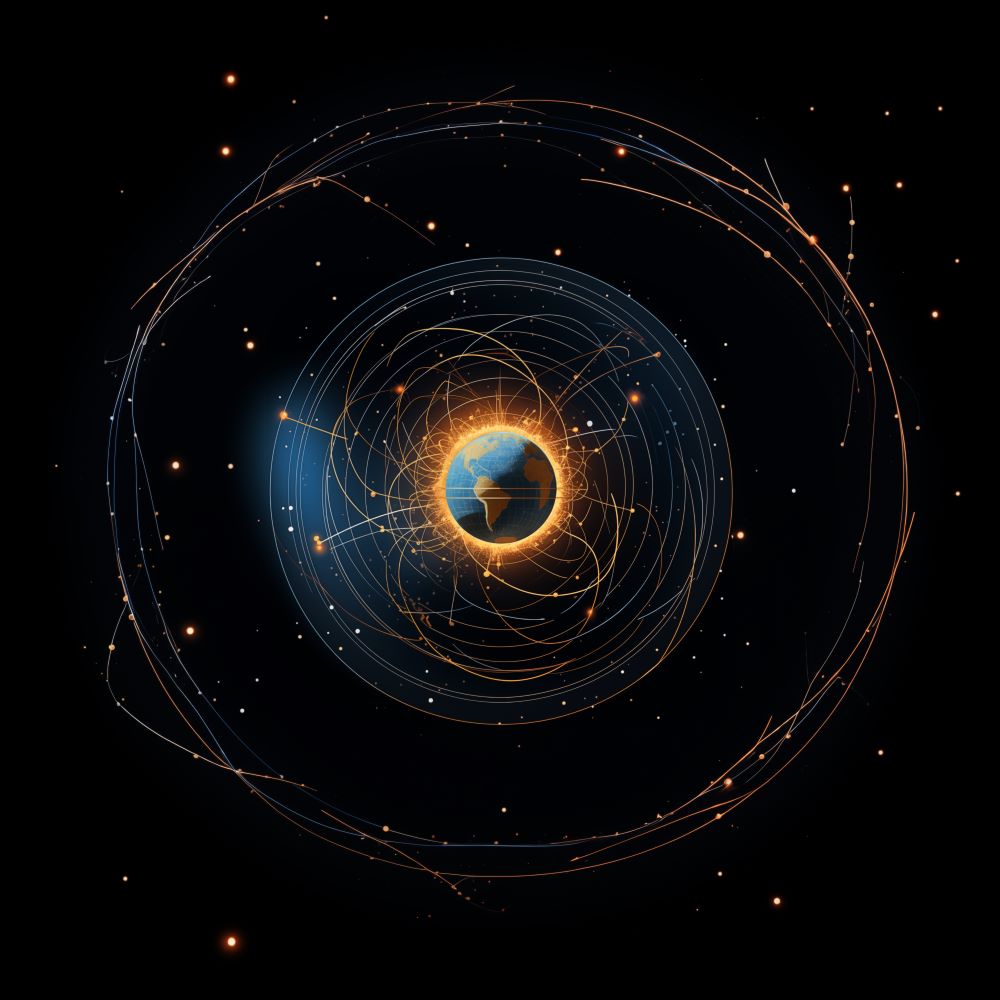Elon Musk’s Starlink satellite internet service continues to grab market share and geopolitical clout, highlighted by its crucial role in providing communications resilience in the Ukraine conflict.
But the future of satellite communications, industry executives and experts point out, is moving towards hybrid networks that combine services from low-Earth orbit like SpaceX’s Starlink with those from higher altitude satellites in medium and geostationary orbits.
This shift is driven by both commercial demands and security needs, with the U.S. government and commercial users, like airlines and cruise ship companies, increasingly seeking multi-orbit solutions.
A recent spate of industry deals — such as the Eutelsat-OneWeb merger, Viasat’s acquisition of Inmarsat, Intelsat’s and SES’s agreements with OneWeb and Starlink — all point to mixed space networks spanning multiple orbits.
According to Caleb Henry, industry analyst and director of research at Quilty Space, hybrid networks that were once considered niche are now becoming a dominant trend in the satellite communications industry.
These networks leverage the strengths of different orbit types to provide enhanced connectivity. Smaller low-Earth orbit satellites offer low latency due to their proximity to Earth, while much larger geostationary satellites provide wide coverage but with higher latency. In between are medium Earth orbit (MEO) satellites. .
“If you look at the strengths and weaknesses of a multi-orbit approach, the biggest advantage, from a DoD perspective, is resiliency,” Henry noted. “Military users like to have a Plan A, a Plan B and even a Plan C. And with multi-orbit, you get that level of backup that gives them confidence they will always have service even if one is jammed, or there’s an outage or complication.”
There are also market forces at play in this shift to hybrid networks, Henry added.
The industry is witnessing a…
Read the full article here

